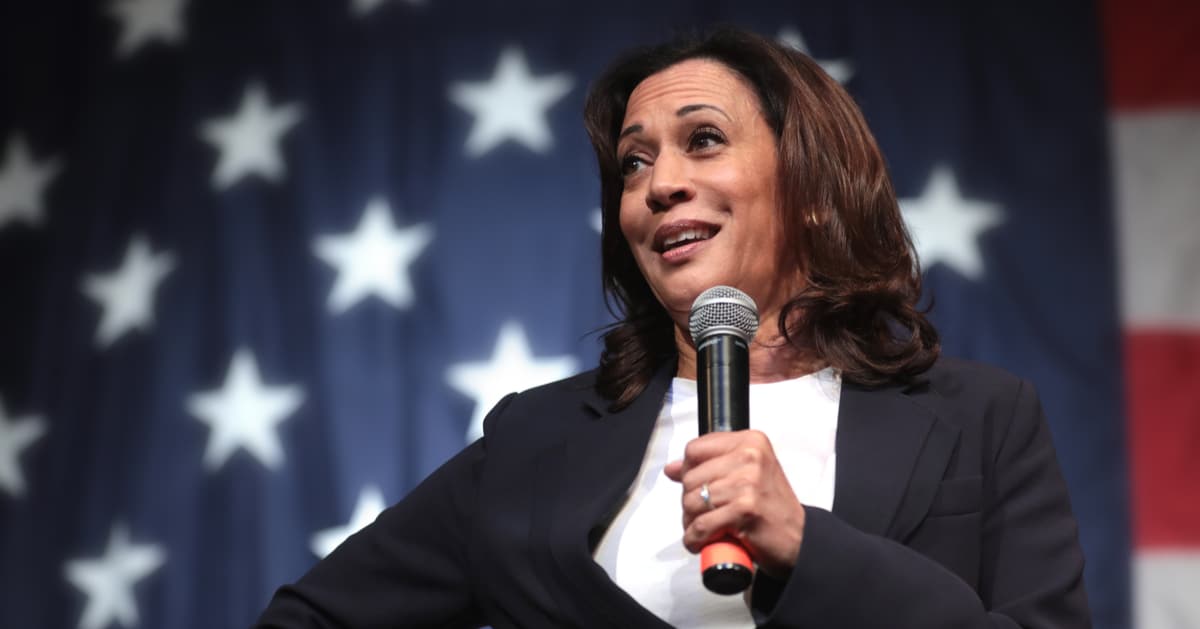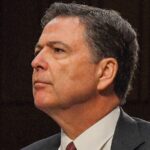





President Trump has thrown down the gauntlet, accusing Illinois Gov. JB Pritzker of deserving jail time for obstructing efforts to maintain order in Chicago amid heated anti-ICE protests.
The ongoing feud between Trump and Pritzker centers on the deployment of National Guard troops to protect federal personnel and property in Chicago, a move opposed by state and local leaders who have filed a lawsuit to halt it, while public rhetoric escalates with sharp accusations on both sides.
Tensions began simmering as anti-ICE demonstrations intensified in Chicago, with images emerging of a protester confronting law enforcement in the Little Village neighborhood earlier this month.
By Tuesday, Texas National Guard troops rolled into Illinois, with around 200 Guardsmen mobilized for an initial 60-day stint to support federal missions, according to Pentagon officials.
Their presence, complete with rifles and riot shields at a training facility in Elwood, underscores the administration’s commitment to safeguarding Immigration and Customs Enforcement (ICE) agents under siege from escalating unrest.
Department of Homeland Security Secretary Kristi Noem also confirmed additional special ops personnel would bolster federal forces after agents faced dangerous confrontations, including being boxed in by vehicles near an ICE facility.
Clashes near an ICE location in Broadview have already led to about a dozen arrests, painting a picture of a city on edge as federal and local priorities collide.
Illinois Gov. JB Pritzker and Chicago Mayor Brandon Johnson have pushed back hard, filing a lawsuit on Monday to block the National Guard’s deployment in Chicago and nearby areas.
Pritzker didn’t mince words, declaring, “I will not back down. Trump is now calling for the arrest of elected representatives checking his power,” in a post on X, framing the conflict as a stand against overreach.
Not one to shy away from a fight, Trump took to Truth Social, blasting both Pritzker and Johnson with a blunt, “Chicago Mayor [should be in jail for failing to protect ICE officers! Governor Pritzker also!”
While the president’s supporters might nod at his frustration with local leaders seemingly undermining federal authority, one wonders if such charged language risks inflaming an already volatile situation rather than cooling it.
After all, protecting federal personnel is a legitimate concern, but calling for arrests of elected officials feels like a sledgehammer approach when a scalpel might suffice.
On the other side, Pritzker’s critique of Trump as a leader out of touch with reality raises eyebrows, though it’s hard to see it as anything but political theater given the stakes on the ground.
Chicago Mayor Johnson added fuel to the fire by calling the troop deployment “illegal, unconstitutional, dangerous, and wrong,” a statement that, while passionate, sidesteps the very real threats faced by federal agents caught in hostile standoffs.
At its core, this clash isn’t just about troops or protests—it’s a microcosm of deeper divisions over federal power, local autonomy, and how best to address contentious immigration enforcement policies in a polarized nation.



